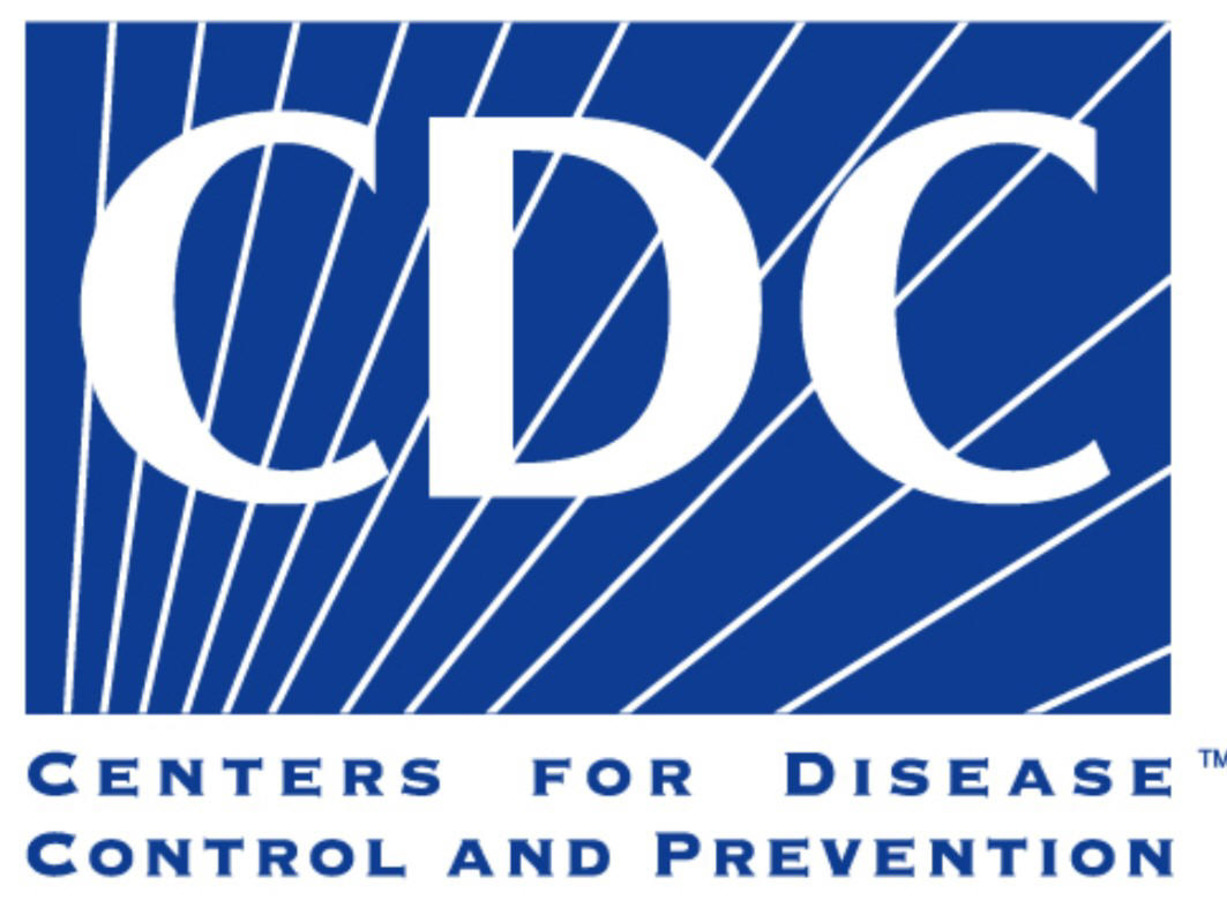As the recent Coronavirus outbreak continues, the Centers for Disease Control and Prevention (CDC) has released guidance specifically for employers, outlining recommendations and best practices to protect their workplaces.
As we previously addressed in detail in our prior blog on Coronavirus and the Workplace, employers may face a number of issues related to the Coronavirus (or other contagious illnesses), including what to do about employees who may travel, or who already have traveled, to affected areas and other steps that can be taken to reduce the likelihood of a workplace outbreak. The CDC’s most recent guidance, titled Interim Guidance for Businesses and Employers to Plan and Respond to 2019 Novel Coronavirus (2019-nCoV), February 2020 (the “Guidance”), is directed specifically at employers and offers planning strategies to implement in advance of an incidence of Coronavirus in their workplace.
The following are some key highlights of the CDC’s Guidance:
- Employers are advised to “actively encourage” sick employees to stay home. Specifically, the Guidance states that “[e]mployees who have symptoms of acute respiratory illness are recommended to stay home and not come to work until they are free of fever (100.4° F [37.8° C] or greater using an oral thermometer), signs of a fever, and any other symptoms for at least 24 hours, without the use of fever-reducing or other symptom-altering medicines (e.g. cough suppressants).” The Guidance also recommends that employers speak with any third party companies that provide contract or temporary employees about the importance of sick employees staying home.
- For employees who may be traveling (regardless of location), the Guidance recommends advising employees to check the CDC’s Traveler’s Health Notices for the latest recommendations for each country to which they will travel. Employees traveling to and from China should consult the CDC’s China-specific guidance. Employees should also be advised to check themselves for symptoms of acute respiratory illness (including fever, coughing, and difficulty breathing) before starting travel and to notify their supervisor and stay home if they display symptoms or otherwise feel sick either during or following travel.
- In the event that an employee is confirmed to have the Coronavirus, the Guidance states that employers “should inform fellow employees of their possible exposure to 2019-nCoV in the workplace but maintain confidentiality as required by the Americans with Disabilities Act (ADA).” The Guidance further states that “[e]mployees exposed to a co-worker with confirmed 2019-nCoV should refer to CDC guidance for how to conduct a risk assessment of their potential exposure” (discussed further below).
- For employees who themselves have not been diagnosed with the Coronavirus but who have a family or household member who has been diagnosed, the Guidance states that such employees “should notify their supervisor and refer to CDC guidance for how to conduct a risk assessment of their potential exposure.” To that end, employers may consider implementing policies requiring employees who are diagnosed with the Coronavirus or who have a household member with the virus to notify the company of such diagnosis (preferably directed to Human Resources or a similar role, in order to maintain confidentiality of medical information to the greatest extent possible).
The Guidance also addresses how to plan for the possibility of a Coronavirus outbreak in the United States that may impact the workplace. To that end, among other useful information, the Guidance advises that employers:
- consider creating an infectious disease outbreak response plan, addressing such topics as: (i) identifying possible work-related exposure and health risks to employees; (ii) identifying essential business functions and roles, as well as critical elements within supply chains where applicable (including suppliers, subcontractors, and logistics) required to maintain business operations; (iii) reviewing company policies to ensure they are consistent with both public health recommendations and applicable employment laws; and (iv) establishing a process to communicate information to employees on the Coronavirus (or other infectious diseases), with the aim to reduce employee fear, anxiety, rumors, and misinformation.
- prepare for a possible increase in employee absences due to personal or family member illness, as well as child care concerns that may arise should schools, day cares, or similar programs be temporarily closed due to illness or high levels of absenteeism. Among suggestions for employers on this topic are cross-training personnel to perform essential functions so that the workplace is able to operate even if key employees are absent.
- monitor the CDC’s Coronavirus-related travel guidance to determine whether non-essential business travel to countries other than China should be limited or canceled.
- consult state and local health departments to monitor local outbreak information and determine appropriate methods of communication to employees.
As referenced above, employers should also note that the CDC has released a separate guidance on risk assessment related to the Coronavirus. The stated purpose of this guidance is to “provide US public health authorities and other partners with a framework for assessing and managing risk of potential exposures to 2019-nCoV and implementing public health actions based on a person’s risk level and clinical presentation.” This separate guidance includes some potentially useful information for employers to consider when making determinations as to the specific level of risk to their workplace and what prevention steps may be appropriate as a result.
* * *
Proskauer’s cross-disciplinary, cross-jurisdictional Coronavirus Response Team is focused on supporting and addressing client concerns. Visit our Coronavirus Resource Center for guidance on risk management measures, practical steps businesses can take and resources to help manage ongoing operations.
